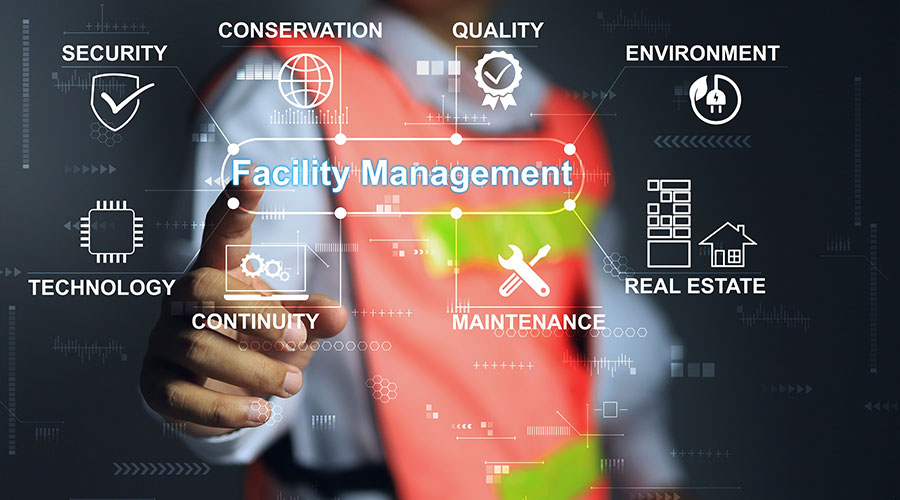
In the rapidly evolving landscape of modern business, optimizing operations has become paramount for organizations aiming to maintain a competitive edge. At the heart of this optimization is facility management's (FM) strategic role, which goes beyond mere maintenance to encompass a holistic approach to managing buildings and services. This article delves into the multifaceted value that effective facility management brings to organizations, highlighting its impact on efficiency, sustainability, and employee well-being.
Strategic Integration and Cost Efficiency
Facility management is no longer just about fixing leaks and replacing light bulbs. Today, it involves a strategic integration of processes within an organization to maintain and develop the agreed services that support and improve its primary activities' effectiveness. At its core, FM aims to optimize the performance of an organization's assets and operations, thereby enhancing cost efficiency and resource allocation.
Facility managers can significantly reduce operational costs by implementing proactive maintenance strategies and employing the latest in smart building technologies. Energy management systems, for example, can automate the control of lighting, heating, and cooling based on occupancy, thus minimizing energy consumption and costs. Similarly, predictive maintenance can anticipate equipment failures before they occur, avoiding expensive emergency repairs and downtime. Through such strategic measures, facility management directly contributes to an organization's financial health and operational efficiency.
Enhancing Workplace Environment and Productivity
The influence of the physical workplace on employee productivity, satisfaction, and engagement is well-documented. Facility management is crucial in creating and maintaining an environment that promotes well-being and efficiency. This includes ensuring that workspaces are functional, safe, and conducive to collaboration and innovation.
Good facility management ensures that spaces are adaptable to the changing needs of the workforce, incorporating elements such as ergonomic furniture, adequate lighting, and green spaces. These efforts can lead to a significant increase in employee satisfaction and productivity. Moreover, a well-maintained and aesthetically pleasing workplace can help attract and retain top talent, further enhancing an organization's competitive advantage.
Sustainability and Corporate Responsibility
Sustainability is no longer a buzzword but a business imperative. Facility management is at the forefront of implementing sustainable practices within organizations, contributing to broader environmental and social goals. Facility managers can significantly reduce an organization's environmental footprint through sustainable building practices, energy efficiency measures, and waste reduction programs.
Beyond the environmental impact, these sustainability initiatives often result in long-term cost savings, improved corporate image, and compliance with increasingly stringent environmental regulations. Facility management thus plays a critical role in aligning an organization's operations with its corporate social responsibility (CSR) objectives, demonstrating a commitment to sustainable development that resonates with customers, investors, and employees alike.
Leveraging Technology for Future-Ready Facilities
Integrating technology into facility management has opened new avenues for optimizing operations and enhancing the value of facilities. The use of Building Information Modeling (BIM), Internet of Things (IoT) devices, and Artificial Intelligence (AI) in FM allows for more informed decision-making, operational efficiency, and enhanced user experiences.
These technologies enable real-time monitoring and management of building systems, predictive maintenance, and space optimization. Additionally, they facilitate the creation of "smart buildings" that are more responsive to the needs of their occupants and can adapt to changes more dynamically. As organizations look to the future, the role of technology in facility management will only grow, further enhancing its value to businesses.
The strategic importance of facility management in optimizing operations cannot be overstated. FM plays a pivotal role in driving organizational success by enhancing cost efficiency, creating productive work environments, championing sustainability, and embracing technological innovation. As businesses continue to navigate the challenges of the modern economy, the value of effective facility management will only continue to increase, cementing its status as a critical component of strategic operational optimization.
 icons at the top right corner of the subsection.
icons at the top right corner of the subsection.